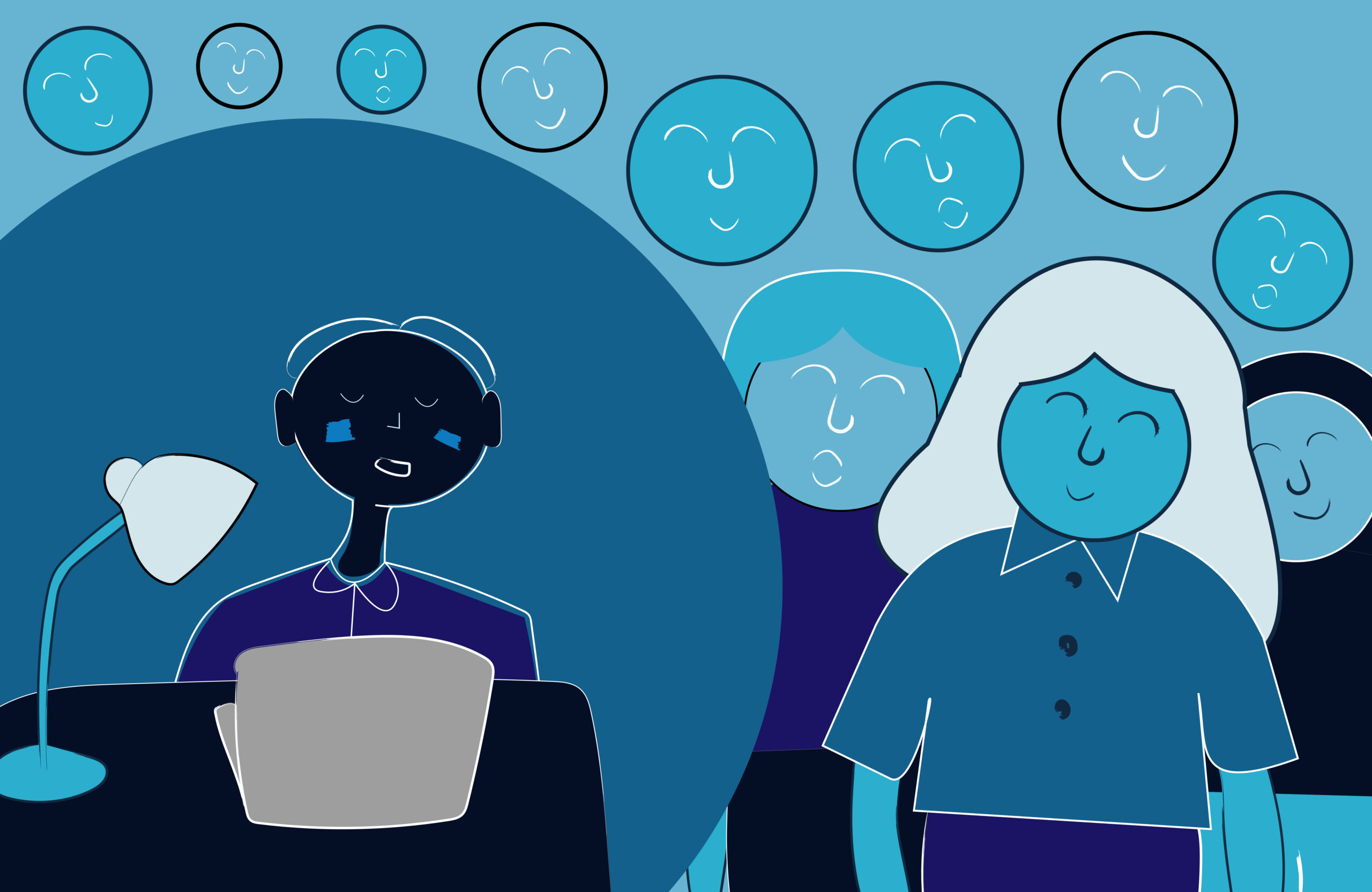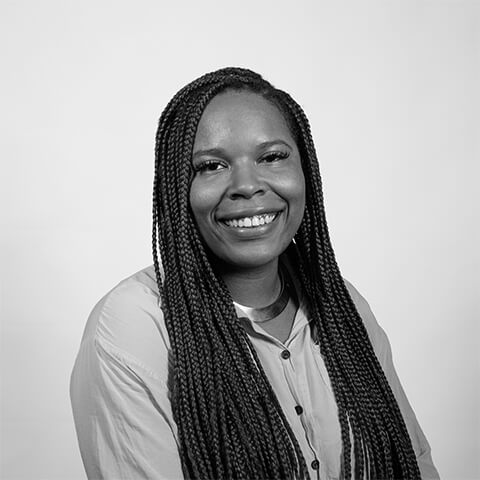The recent death by suicide of television correspondent, lawyer, and former Miss USA Cheslie Kryst came as an absolute shock. In my eyes, Cheslie was the epitome of “Black Girl Magic.” Even her nearest and dearest did not know the pain she was hiding behind that perfect pageant smile. And when news of her suicide flooded the internet, fans and friends were left wondering how they missed Cheslie’s signs of suffering. For me personally, Cheslie’s untimely passing at the age of 30 underscores how “high-functioning depression” and mental health care gaps take their toll, even or especially for people who outwardly appear to have it all.
And as a Black woman like Cheslie, I found her final Instagram post haunting. It read: “May this day bring you rest and peace.” The idea of peace for Black women is fraught, considering the many recent traumas we’ve faced, especially the devastating human loss from Covid-19 and an endless spate of police shootings, as well as the stigma associated with depression – which Cheslie herself kept a secret.
Cheslie’s words and action serve as a giant wake-up call. Protecting our mental health must be a priority, and for Black women, the stakes are high.
Twice as Good Amounts to Double Mental Duty
We’ve all heard the mantra: as Black folks in America, we’ve got to work twice as hard to get half as far as our white counterparts. That gospel is well-known in the Black community, and first lady Michelle Obama memorably personalized the sentiment in her speech to students at historically black college, Tuskegee University, in 2015 when she said, “...no matter how far you rise in life, how hard you work to be a good person, a good parent, a good citizen – for some folks, it will never be enough.” One of her most incisive comments was when she told students that a celebratory fist bump between herself and her husband after the primary was referred to as a “terrorist fist jab,” going on to point out that pundits used interesting words to describe her, including exhibiting “a little bit of uppity-ism.”
I was one year out of college at the time, working in an internship and looking forward to a successful career ahead. And what I thought then, and worry is still true today, is that women of color feel extraordinary stress and pressure to earn equal respect – especially at work. Black women often feel unspoken discrimination or bias – just based on physical attributes like our hair, our facial features, and our body shape, as well as judgment about our vernacular or speaking voice. I have always felt a certain amount of mental frenzy when starting a new job or endeavor as I try to balance my spirit of self-expression with what I believe to be the expectations of the professional world. My friend Jayde Powell recently made noise on LinkedIn about her colorful self expression with hair and how she never felt empowered to be authentic while working in corporate America.
Black Trauma Challenges Wellbeing
In 2020, Rayshard Brooks died at the hands of City of Atlanta police just one mile from what was then my new home. The militarized police presence in my neighborhood during the aftermath of that event sent my mental health into a tailspin. What you read is true – when Rayshard, Elijah McClain and Ahmaud Arbery were killed unjustifiably, people like me see our brothers and cousins – and fear the next slain face we see in the media will be a familiar one.
A University of Washington 2021 study examined how violent policing encounters affect population health, and presented evidence that policing may have conspicuous, yet not-well understood impacts on the mental, physical, social and structural health and wellbeing of the Black community. Those findings ring true to me, and serve as an important reminder to limit how much media coverage I consume following these all-to-frequent police actions against Black civilians – so I can reduce the trauma I feel, and the resulting mental health setbacks these incidents cause.
Mental Health Takes a Village
Is a sense of peace possible for Black women today? I’d say yes, provided a comprehensive approach to wellbeing and mental hygiene is taken, using the tools and resources available to overcome personal, societal, and professional barriers to success and happiness.
It’s important to start by choosing and talking to the right healthcare providers. Here are tips that helped me:
- Primary Care Doctor: A good one can help make initial diagnoses, recommendations, and referrals
- OB/GYN: Some women like me are chronic pain sufferers due to menstrual symptoms and it’s no surprise that those experiencing chronic pain index higher for depression and anxiety
- Licensed Therapist: A great sounding board for the issues we deal with on a daily basis
- Clinical Psychiatrist: When a licensed therapist is not enough, an MD can take a look at chemical imbalances and make a diagnosis based on behavioral trends
My Advice to Other Black Women
Let’s Talk About It: Change happens by having honest conversations with someone you trust. While it can be extremely difficult to open up, sharing your feelings and experiences with a trusted confidante is one of the most powerful things you can do for your mental health.
Reaching Out: It’s important to ask friends and family how they are doing. They may not be ready to discuss their feelings and needs, so it’s important to respect their privacy, but it’s also important to try to talk about tough topics.
Stop the Press: It’s helpful to limit your intake of disturbing news and turn off notifications and alerts to protect your down time.
Plan Ahead: The most important person in your village protecting mental health is YOU! Plan activities that make you feel good, mentally and physically: get outside, exercise, enjoy a hobby, and get plenty of sleep.
Get Support:
- M Booth Health partners with virtual service providers like Modern Health to provide access to digital mental health resources.
- Healthy boundary-setting is key to mental health. I am thankful that M Booth Health is flexible and understands the importance of mental hygiene, which allows me to meet with my therapist on a regular basis and set healthy boundaries for myself.
- Dr. Joy Harden Bradburg’s Therapy for Black Girls podcast is an excellent resource. She addresses barriers and stressors Black women face and features a directory on her site to search for therapists in your area who are covered by your insurer – it’s how I found my therapist.
My final piece of advice to other young black women is this – discover what liberates you and do it with those who share your passion. I enjoy hiking and camping with my friends and dog because reclaiming my place in nature serves to fight all the de facto and de jure reasons that have relegated Black folks to densely populated, urban areas. I wish you peace wherever your journey takes you.


